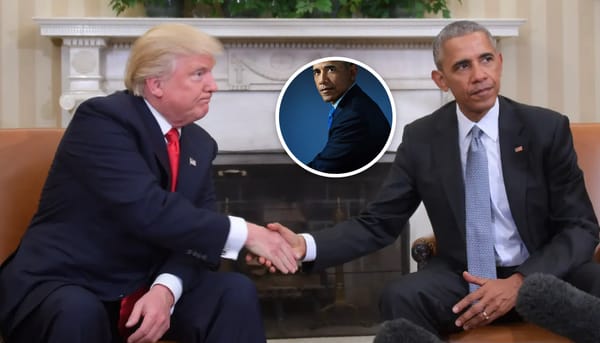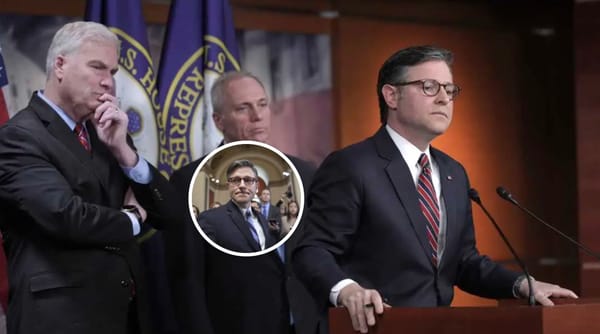SHOCK AUDIO Biden Could Not Recall When His Son Beau Died
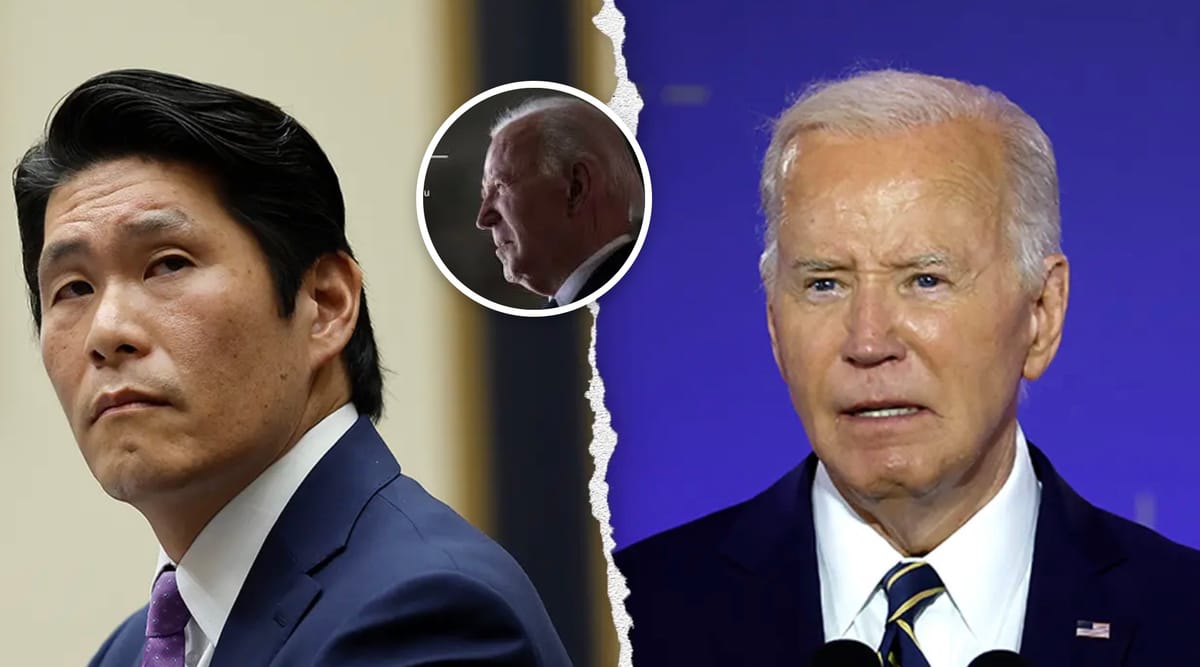
Leaked audio is sending shockwaves.
Bombshell recordings reveal deeply concerning moments from a high-stakes interview.
Audio recordings from former President Joe Biden's interview with Special Counsel Robert Hur have finally emerged, painting a vivid picture of the encounter that led Hur to famously describe Biden as an "elderly man with a poor memory."
This highly anticipated audio was the subject of intense legal and political battles for over a year.
Congressional lawmakers had strenuously pushed for its release, arguing that the sound of the interview was crucial context missing from the previously released transcript.
They emphasized that verbal and nonverbal cues in the audio could provide vital insight into the president's state during questioning about his handling of classified documents.
The transcript of the interview had already confirmed instances of memory lapses.
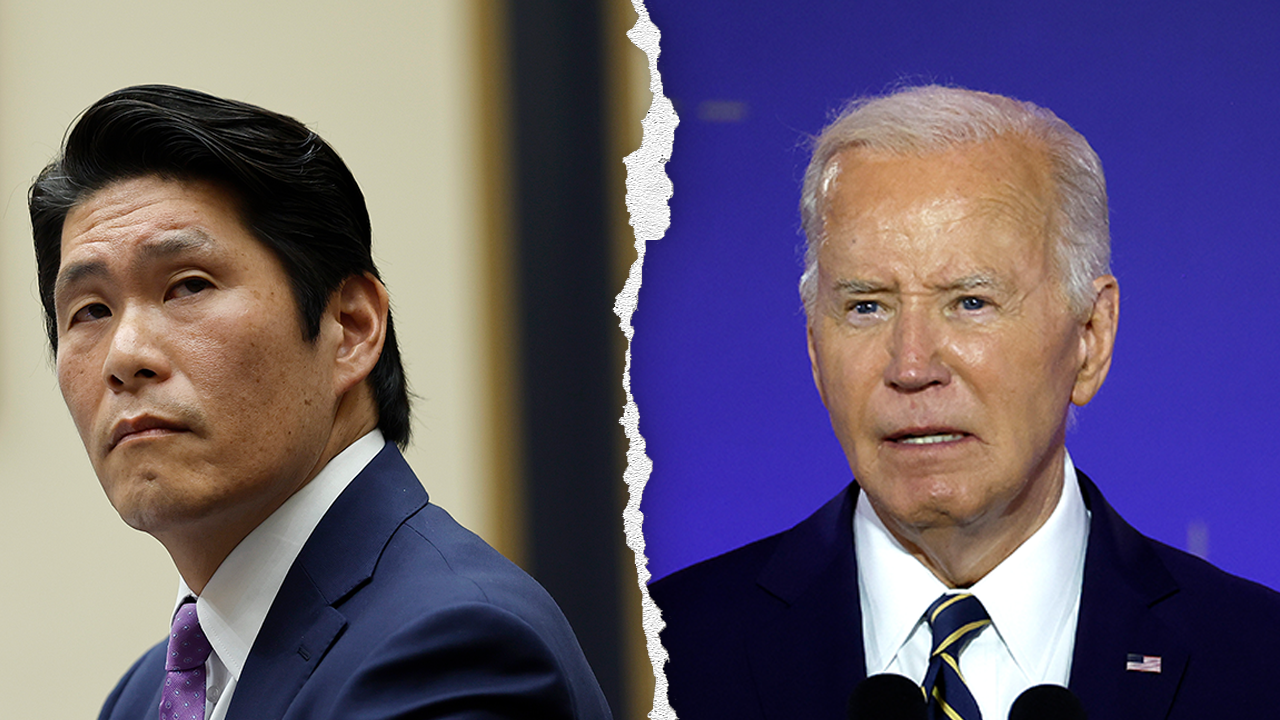
But the full audio, obtained and released by Axios, offered the public a new, unvarnished perspective on those moments.
These clips are drawn from interviews related to Hur's investigation into classified documents found at Biden's home and former office from his time as Vice President.
Special Counsel Hur ultimately declined to recommend criminal charges against Biden.
Part of his reasoning, outlined in his report, was that a jury might see Biden as a "sympathetic, well-meaning, elderly man with a poor memory," making a conviction difficult.
This assessment itself became a major point of contention.
During the interview, Biden was questioned about the timeline of events, specifically around 2017 and 2018.
He was asked where he kept papers he was actively working on during that period.
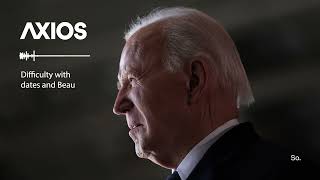
Biden responded by mentioning his son Beau, stating that Beau was either "deployed or is dying" at that time.
However, Beau Biden died in 2015.
Later in the conversation, Biden also appeared to struggle with the year of the last presidential election before his own.
He stated that President Donald Trump was elected in 2017.
He was corrected by his lawyers or the interviewers, who pointed out that Trump was elected in 2016.
Looking at notes he had, Biden was heard asking, "Why do I have 2017 here?"
A lawyer then reportedly reminded him, "That's when you left office."
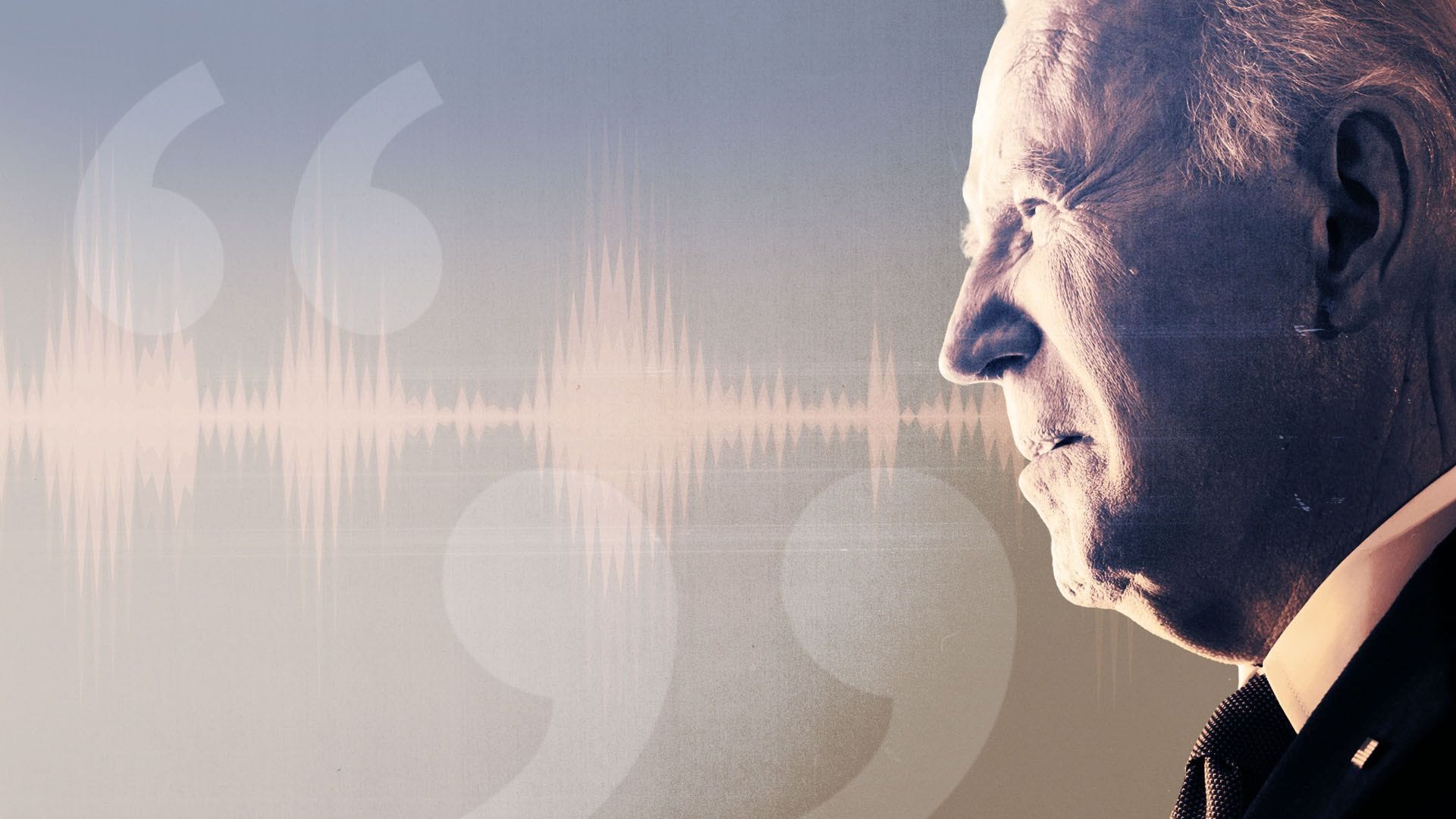
The interview also included discussion about specific classified documents.
One document found at Biden's lake house concerned Afghanistan.
When asked how it got there, Biden initially expressed uncertainty.
He then offered a potential explanation: "I guess I wanted to hang on to it for posterity's sake."
The audio is reportedly punctuated by lengthy pauses.
Biden is described as sometimes going off on tangents.
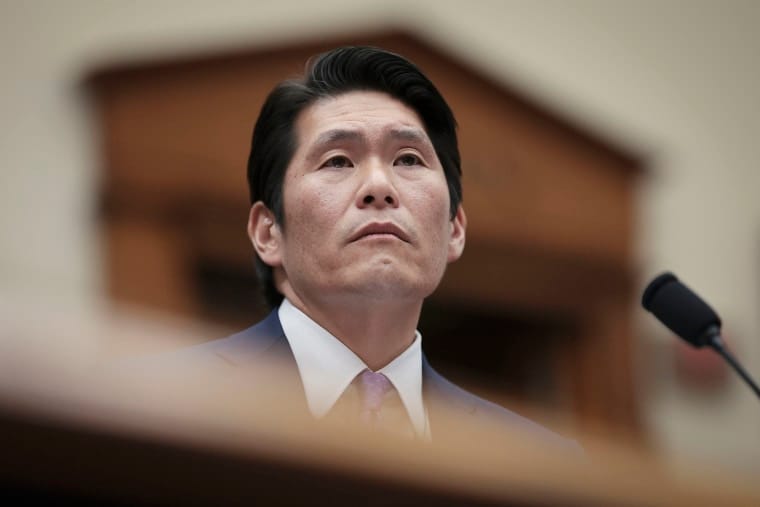
Sources familiar with the recording also mentioned moments where his speech appeared slurred.
The House Judiciary Committee had sued then-Attorney General Merrick Garland to obtain these audio recordings.
They stressed that the audio was "the best available evidence" of Biden's presentation during the interview.
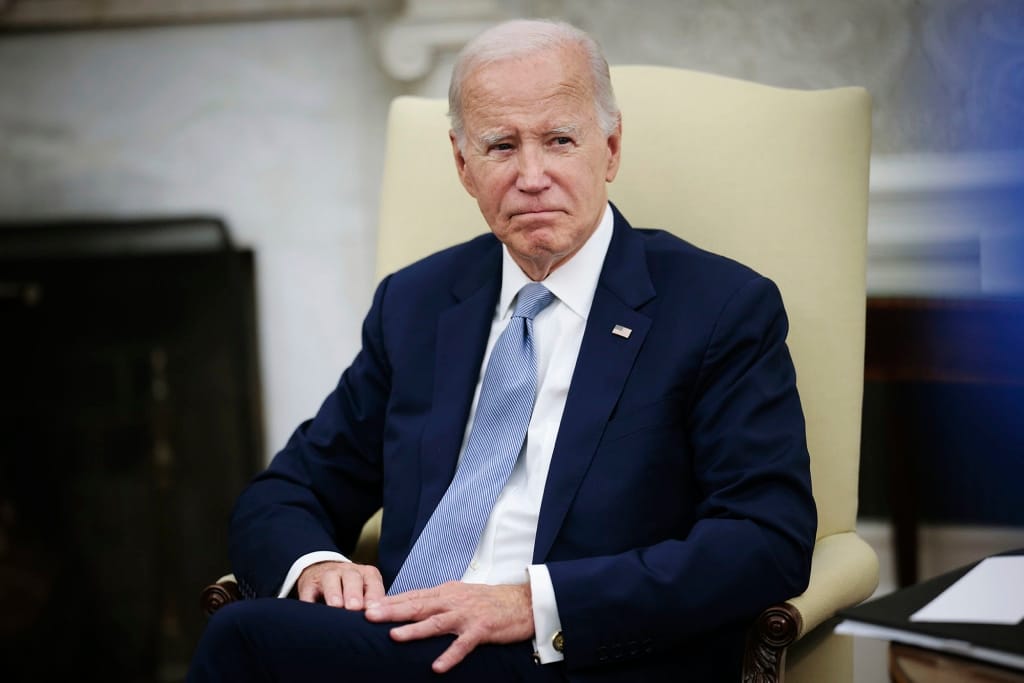
Hur's report detailed Biden's difficulty recalling the end date of his vice presidency while being questioned about documents specifically related to that time.
In one instance, reviewing notes dated 4-20-09, Biden asked: "Was I still vice president? I was, wasn’t I? Yeah."
But perhaps the most striking moment revealed in the audio involves a profoundly personal detail.
While attempting to fix the timeline in his head, Biden paused and asked aloud, "When did Beau die?"
It was a lawyer present in the room who had to provide the correct year, stating it was 2015.

The newly leaked audio provides the public with the raw, unfiltered experience of the interview.
It gives direct context to the memory issues previously noted in the transcript.
The audio continues to fuel intense debate about the president's cognitive fitness.
